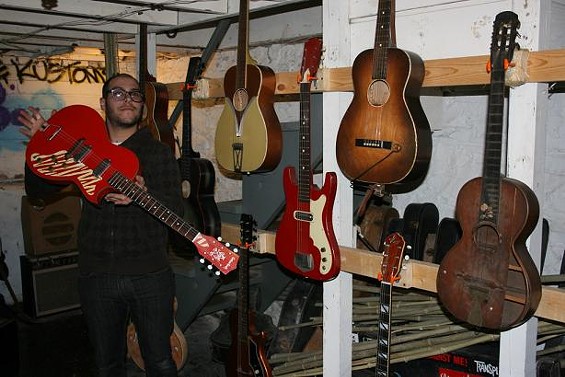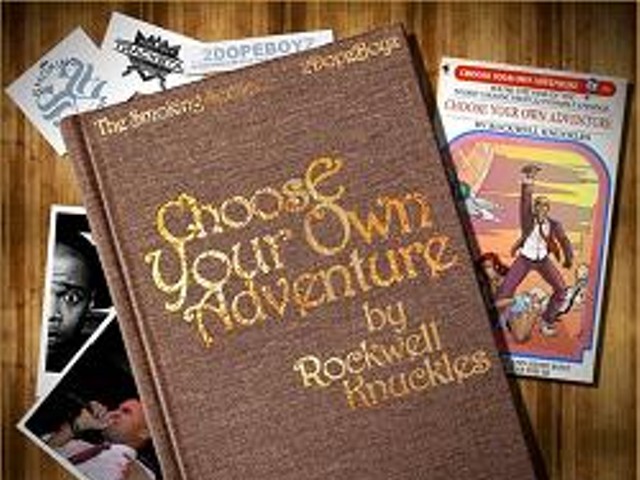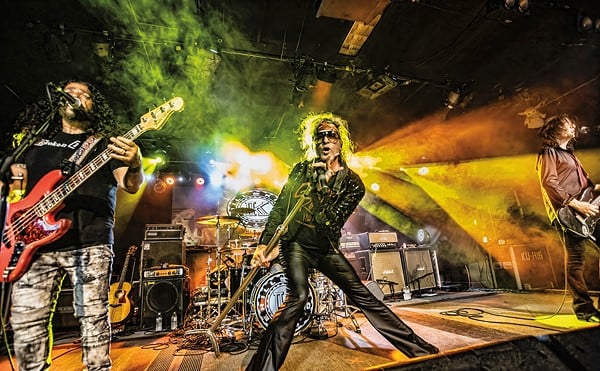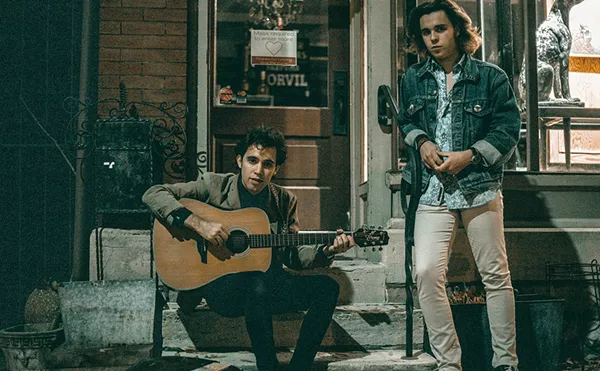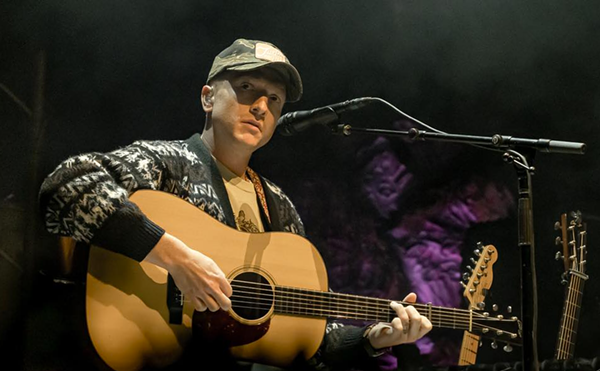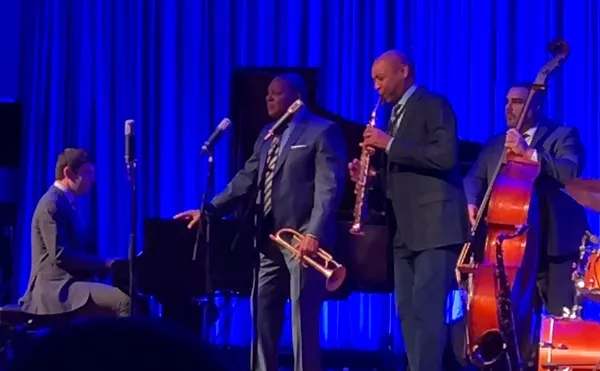More so than any other form of black wax, the vinyl 78 has endured, preserving an essential portion of 20th century American music, culture and history. It's ironic, then, that you're more likely to find 78s collecting mold in a landfill than you are to find the hugely over-pressed LPs of the mid-century. That's why some collectors, including Rum Drum Ramblers guitarist Mat Wilson, consider the search for 78s is the ultimate treasure hunt.
We met up with Wilson, who is also a guitar tech at J. Gravity Strings and occasional record store clerk at Vintage Vinyl, and toured both his collection of 78s and vintage guitar workshop. There, we discussed his punk roots with Nineteen, the Smithsonian Folkways and the first electric guitar recordings.
Last Collector Standing: With the Rum Drum Ramblers you play your take on traditional blues. Do you find yourself collecting a lot of early blues records? Mat Wilson: Big time! What I'm finding now is that I'm stumbling across a lot of jug bands and string bands that remind me of my band now. Not necessarily bands where we were going for their style -- I'll discover a band that's a late '20s blues group that reminds me of what we do. Our sound has already been developed on its own. It's a collection of what we're already into, but it's cool to find old records, especially old 78s of old jug bands and string bands that I didn't know about that sound dead-on, exactly what we are going for.
I'm really into 78s. Nowadays, it's really hard to stumble across a 78 that isn't already cataloged and documented well. With the blues, it's kind of like a search for buried treasure. You know what's out there that's survived, and you go looking for it.
How do you normally go about looking for old 78s? Besides searching through sales, the first really amazing [hunt] I got to do was I went on a record buy with Phil Harris. He used to work at Vintage, and I got to go through a north city basement. When stuff turns up that hasn't seen the light of day, a lot of times you find some cool stuff. This was a house in north St. Louis. The basement hadn't been touched. This one area was all 78s.
What type of records did you find? [We found] a lot of post-war, late '40s into the early '50s, electric blues. Chess label stuff, and more importantly Cobra, which was a very short-lived [Chicago] label. A lot of those Cobra 78s didn't survive at all. In St. Louis, it's one of the "untouched cities" on 78s. It was a big music town so a lot of these records "made it" here. A lot of other cities are already picked over.
In that basement I stumbled across a Cobra 78 of Otis Rush's Violent Love. It's one of my favorite songs, so that was pretty awesome. I'm into early electric blues. You find a lot of singers and piano players, but it is a lot harder to find an early electric blues guitar record, specifically where the guitar is the main instrument. That's my obsession.
Finding Ike Turner and the Kings of Rhythm 78s is awesome. Though they were from here, they had to record in Cleveland or Memphis. The stuff "made it" here, but that type of stuff you don't see as much of. I have the Rocket '88 78.
It's like if someone would put a value on a painting because it had a certain characteristic that only an art critic would know about. I rate my 78s like that. If there's a guitar lick on a 78, just one that inspired me to cop it for myself or inspired me to write a song around an idea to go off of it, that one is special to me. As a guitar player, I have little pieces of my playing in each 78. That's the most special part of my record collection.
When you were a teenager you played in the local punk rock group Nineteen. How did you make the transition from punk to blues, and how did that affect your record buying habits? When I was real young, I was buying punk records and classic rock. I enjoyed vinyl at a young age so I was always collecting. I've always had more records than CDs. I got into blues when I was probably fifteen -- real hardcore. It was John Lee Hooker, Muddy Waters and Howlin' Wolf. Those three.
I realized that early blues, pre-war or post-war, was punk as fuck. In a lot of ways, it was angrier. It's all struggle music, and I realized there was a greater struggle being represented through blues.

